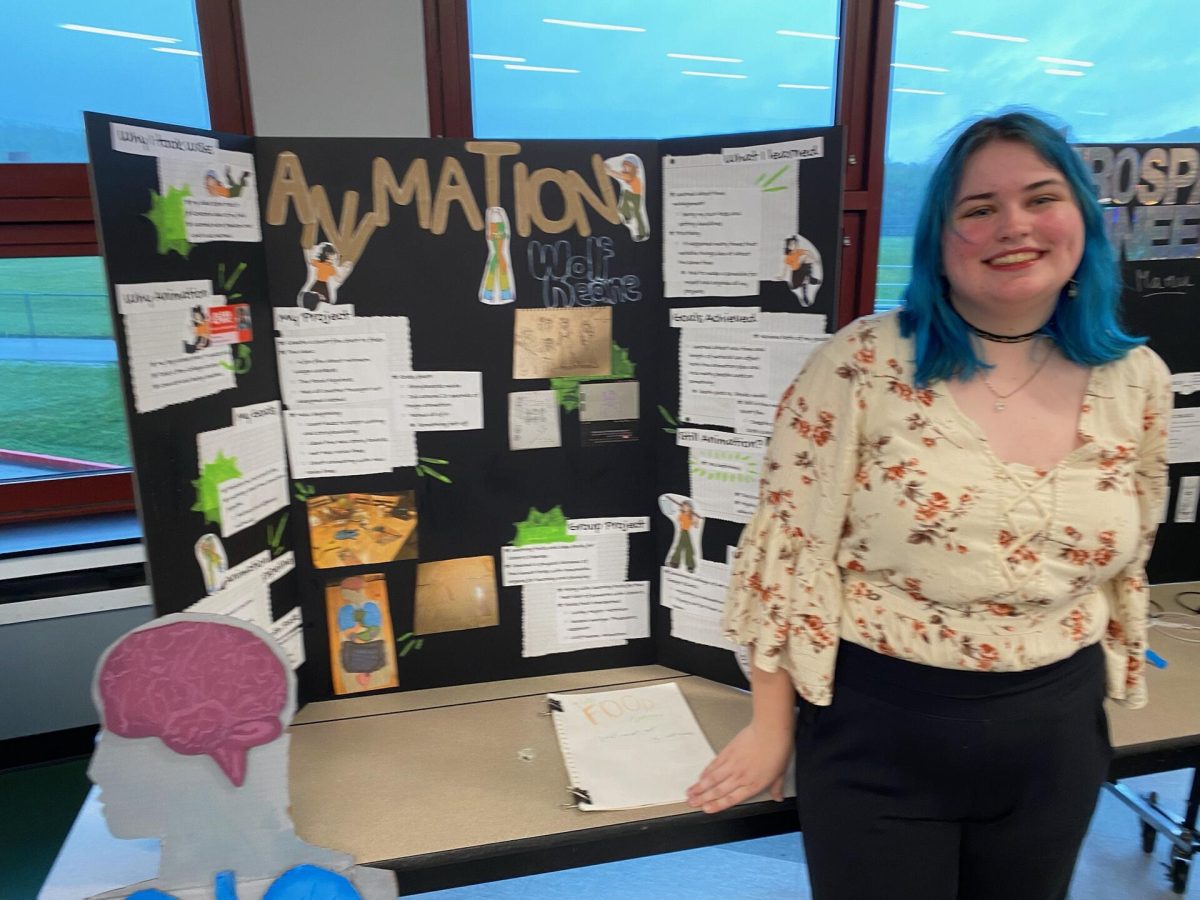According to organdonor.gov, 103,223 people in the United States are currently waiting for an organ transplant. One person is added to the list every eight minutes and every day, seventeen people die waiting for an organ transplant. Currently, the United States is experiencing an organ donor shortage, and more people are dying waiting for an organ.
Xenotransplantation is using the organs from one species and transplanting it into another species. Xenotransplantation is often done between pigs and humans due to their similarity in size. Additionally, pigs reproduce quickly, increasing the amount of organs that can be produced. Before being used in the human body, pig organs have to be genetically edited with CRISPR-Cas9 to decrease the chance that the body may reject the organ and remove harmful genes. Genetically edited pig organs have been transplanted into brain-dead patients, including hearts, livers, and kidneys. Although these organs only lasted a few days in humans, research on monkeys revealed that genetically edited pig kidneys can last up to five years.
On March 16, 2024, Richard Slayman became the first living person to receive a genetically edited pig kidney. Slayman suffered from kidney failure caused by Type 2 diabetes and received his first kidney transplant in 2018 after being on dialysis for seven years. After his transplanted kidney started to fail in 2023, Slayman had to return to dialysis but started to experience dialysis vascular complications, such as high blood pressure. These complications started to affect Slayman’s quality of life as he had to visit the hospital every two weeks for decotting procedures. After his medical team realized that finding Slayman a donor would be unlikely, they decided to attempt xenotransplantation.
The transplant was performed under an EAP (Expanded Access Protocol), which is granted by the FDA. EAPs allow a patient or group of patients to receive experimental treatments when conventional treatments do not exist or do not work. The kidney was provided by eGenesis, a company from Cambridge, Massachusetts that uses CRISPR-Cas9 to edit the genes to inactivate harmful genes that can harm human recipients. Although the genetically edited kidneys do reduce the risk of rejection, the recipient must take immunosuppressants to ensure that their immune system doesn’t reject the organ.
The four-hour surgery took place at Massachusetts General Hospital and was led by two transplant surgeons, Dr. Tatsuo Kawai, MD, and Leonardo V. Riella, MD, PhD. After successfully recovering from the surgery, on Wednesday, April 3, 2024, Slayman was discharged from the hospital and will return for weekly check ups to ensure that he and his kidney are healthy.
This pioneering surgery will help patients on the transplant list get life-saving organs before they get too ill or die before they can receive a kidney from a human donor. According to Dr. Riella, Massachusetts General Hospital has about 1,400 patients in need of a kidney transplant. Xenotransplantation would provide many of these patients with a second chance at life.
Dr. Jorden Madsen, MD, the director of the hospital’s transplant center hopes to work with other transplant surgeons around the country to start a clinical trial to study the xenotransplantation of pig organs, such as kidneys, livers, and even hearts, into humans. In the future, it is likely that xenotransplantation will become more common and accessible to more people, lowering the mortality rate while waiting for organ donors.













































